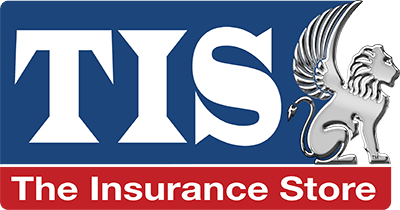WASHINGTON – The U.S. Department of Transportation’s Federal Motor Carrier Safety Administration (FMCSA) today announced that registration is now open for the Congressionally-mandated Commercial Driver’s License Drug and Alcohol Clearinghouse. Commercial driver’s license (CDL) holders, employers, medical review officers, and substance abuse professionals can now visit https://clearinghouse.fmcsa.dot.gov and register to create a secure online user account.
“As this Congressional mandate is enacted, FMCSA’s goal is to ensure drivers, employers, and everyone who will be using the clearinghouse are registered as efficiently and effectively as possible. FMCSA is here to be helpful during this implementation, and we strongly encourage all CMV stakeholders to get registered in the clearinghouse now,” said FMCSA Administrator Raymond P. Martinez.
Registration is required to be able to access the clearinghouse once it is fully implemented on January 6, 2020. To access the clearinghouse, authorized users must register. These users include:
- Drivers who hold a commercial driver’s license (CDL) or commercial learner’s permit (CLP).
- Employers of CDL drivers. This includes those who employ themselves as CDL drivers (owner-operators), typically a single-driver operation.
- Consortia/Third-Party Administrators (C/TPAs).
- Medical Review Officers (MROs).
- Substance Abuse Professionals (SAPs).
There is no cost for registration. Commercial drivers are not required to immediately register for the clearinghouse, but will need to register to respond to an employer’s request for consent prior to a pre-employment query or other full query being conducted.
FMCSA’s clearinghouse website contains important resources, including user brochures and instructional aids with step-by-step registration instructions for all users. Users can visit https://clearinghouse.fmcsa.dot.gov to access these resources and to start the registration process.
The clearinghouse will be a secure online database that will allow FMCSA, CMV employers, State Driver Licensing Agencies, and law enforcement officials to identify – in real-time – CDL drivers who have violated federal drug and alcohol testing program requirements, and thereby improve safety on our nation’s roads.
